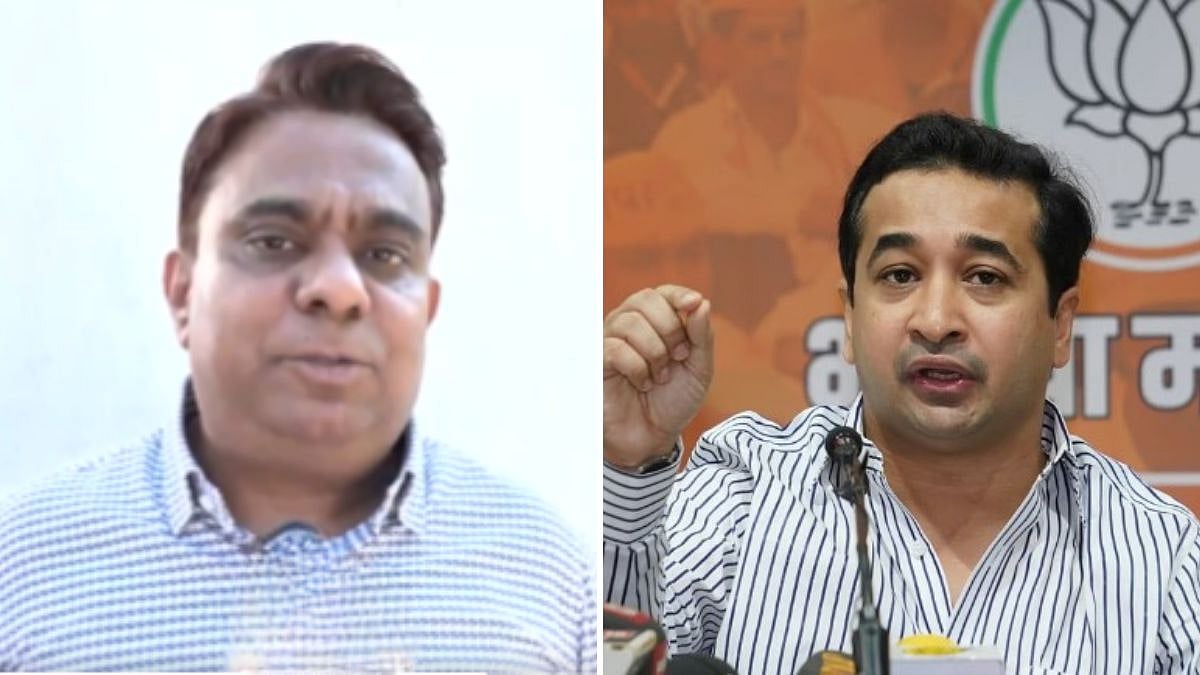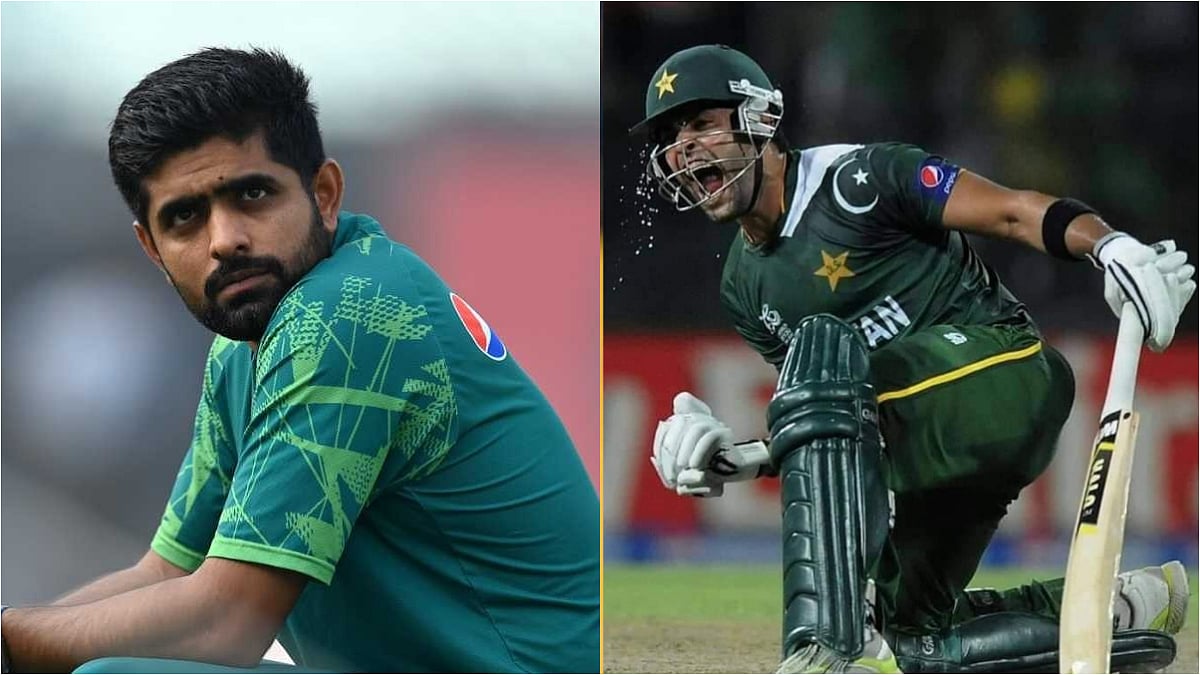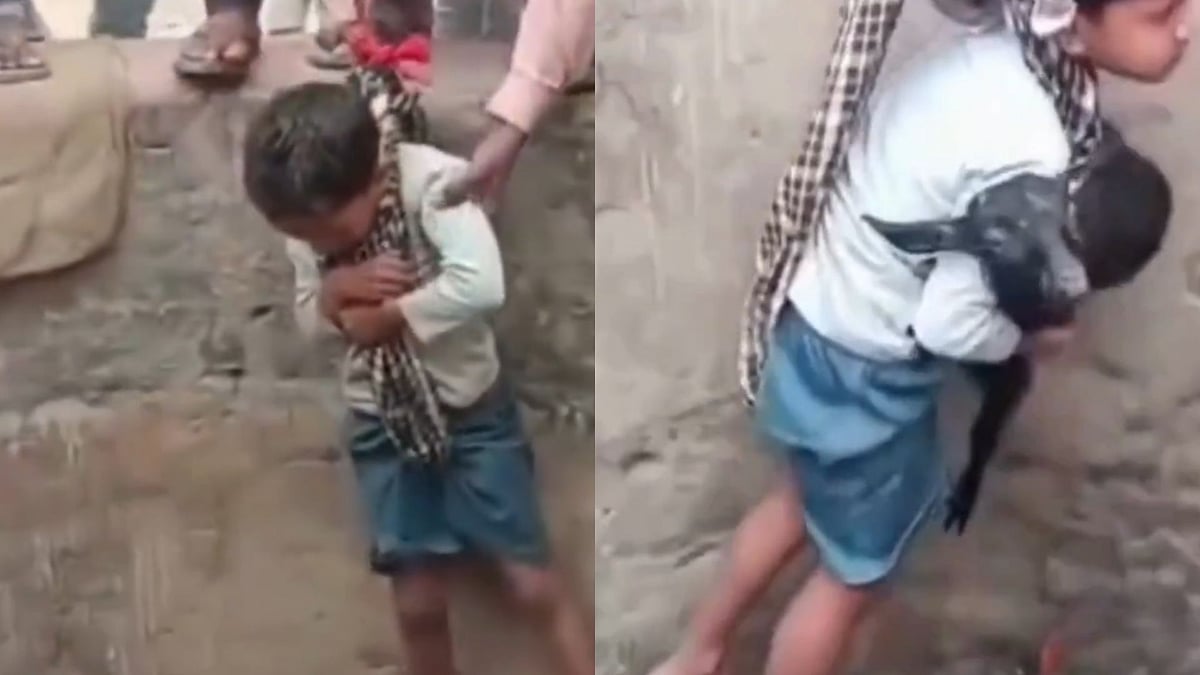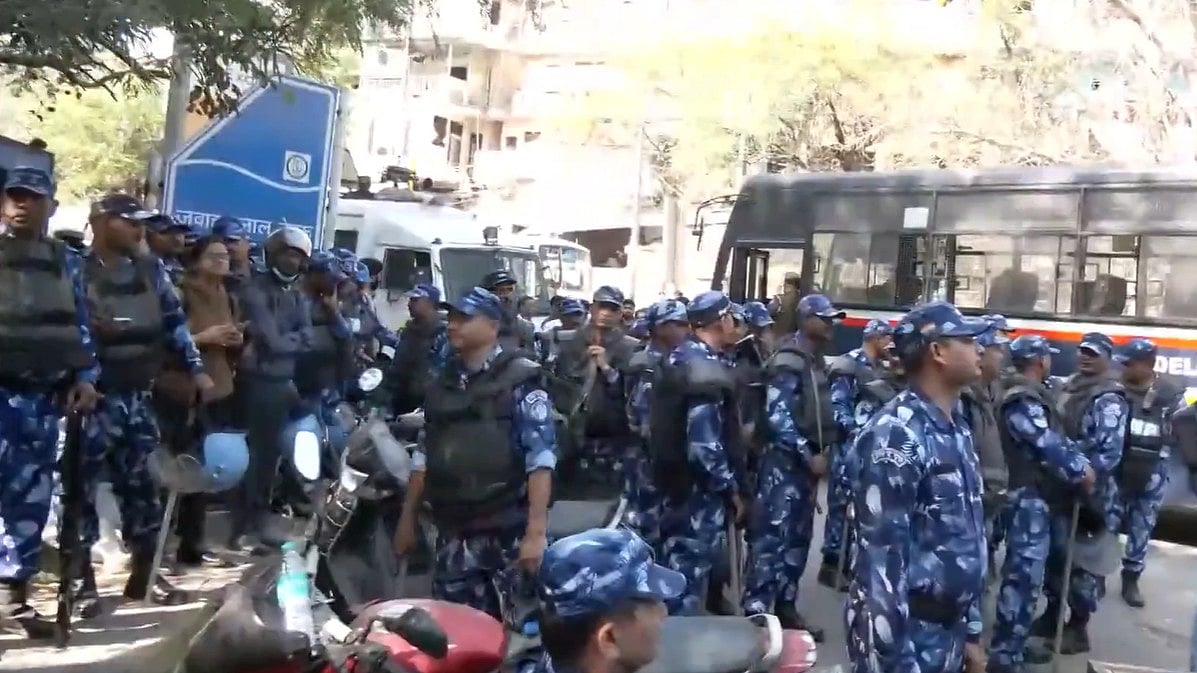The idea that an “India, that is, Bharat, shall be a union of states,” as encapsulated in the well-known opening sentence of Article 1 of the Indian Constitution, contains within it the concept of a challenge of layers and layers of diversity presented by the nation-state of India. It was an idea that was considered a utopian pipe-dream by many, including the erstwhile colonial masters, as captured in the now infamous description “India is a geographical term. It is no more a united nation than the equator” stated by the arch-imperialist himself Winston Churchill. It took a herculean struggle by the nationalist leadership, considerable suffering, along with a fortuitous set of circumstances that finally allowed this idea of India to take concrete shape. One of the core beliefs of this nationalist leadership was that only a secular India could sustain the weight of its multi-faceted diversity, which was why the founding fathers indoctrinated (or at least tried to indoctrinate) secularism not only in the constitution but also in the nation's socio-political structures and institutions. In contrast to this nation-building project, Hindu nationalists have long-regarded secularism as an anathema and as a foreign imposition; it can be seen in the works of Hindutva ideologues such as J. Sai Deepak, whose popular book takes the very phrase from Article 1 of the Constitution as its title, but as a move of critical mimicry to argue that secularism, along with many other ideas espoused in the constitution, were European ideological imports that were doomed to wither on a supposedly inhospitable Indian soil. Since the BJP’s election victory in 2014, it has been in a dominant position to put into practice this long-cherished goal of dismantling secularism as an ideological objective and to demonising it as a normative socio-political construct. This ongoing endeavour raises the question of what an Indian state bereft of secular values might look like.
The widely held view in discussions concerning secularism as an ideology for the Indian state is that it provides a basic framework for the peaceful co-existence of different communities (primarily religious communities) and fraternal interactions between such communities within Indian society. This viewpoint dominates the public imagination, obscuring other key attributes that secularism brings to the social and political moralities of society and its everyday functioning. When emphasising and discriminating on the basis of ascribed religious identities becomes a state project, creating a communally charged environment while simultaneously undermining and denouncing secularism, other antagonistic identities also emerge and are politically mobilised, resulting in an increase in discrimination, violence, and general assertions of communitarian superiority. If people find it difficult to associate with other functioning "communitarian identities" in order to feel like they belong, they also create what the historian Benedict Anderson has called "imagined communities". As a scholar of nationalism, Anderson has termed the latter as nothing more than ultimately a supra-imagined community par excellence; which in the end relies on the subjective self-identification of its members to form a socio-political community and without which it would collapse. The problem is that for such nationalism to function effectively, it must stand above other localised identities which form their own “imagined communities” to form a (relatively) harmonious and stable whole. When the latter sub-national identities threaten to subsume and overwhelm the national, the centrifugal pressures of these fissiparous fragments will place immense strain, threatening to break the fraternal bonds that hold together the national whole.
As a result, there is a fundamental shift in the nature of society that makes it harder to develop trust in the building and sustaining of inter-communal relations because there is a horizontal consolidation and assertion of multiple identities rather than an active subversion and obfuscation in day-to-day interactions. The people and institutions in charge of upholding stability in law and order — such as the police, the courts, and other community organisations that serve as hubs for resolving disputes — often exhibit these changes as well, which makes them discriminatory in their work and intensifies conflict.
One such example of an identity that has been more belligerent in its display over the past few years is the caste identity, which has resulted in the ongoing rise in caste violence, the flexing of "upper caste" identities both in real life and online, and the growing attacks on the affirmative action program of reservations. People are becoming less and less deterred from exhibiting these habits when the organisations in charge of policing them have started engaging in them themselves. The rising prevalence of discrimination based on language and linguistic self-aggrandisement is another such example. It is not unusual to read about stories of people being violently attacked, threatened, or mistreated simply because they do not speak the language of the region. Regional identities are turning more hostile. The "north-south divide" has been more pronounced in recent years, both in real life and on different platforms. In this instance, individuals point to the economic results, voting habits, and cosmopolitan characteristics of different places as sources of conflict and claims of superiority in addition to linguistic and cultural distinctions. As internal migration has increased and as many labour-exporting regions are in the Hindi belt, being pulled into faster growing regions in the non-Hindi speaking regions of Western and Southern India; the potential recipe for violent strife is clear as ethno-linguistic chauvinism in labour-receiving regions rises and as the disparate pattern of economic growth intensifies the scale of such migration between poor and wealthy regions. Where issues of language and ethnic identity overlap as in Assam, the result is even more incendiary with greater levels of violence.
Even within ascriptive religious groups, confrontational cultural sub-group identities are becoming more strident. Since Durga Puja is quickly approaching, every year the various cultural practices surrounding the worship and eating habits during the Puja become a topic of discussion and contention, which frequently leads to aggressive behaviour from opposing parties towards one another, particularly over the issue of consumption of non-vegetarian foods. Without secularism, which guarantees and provides room within an over-arching secular public space for contending sub-group identities to exist and flourish without coming under attack; the alternative is conformity to a single ethno-religious identity, which to become widely acceptable at the national level must be homogenised and standardised to fit only one schema. Creating such a uniform national identity can only lead to resistance and repression, as alternative expressions and manifestations within the same tradition are threatened with destruction.
A contributing current on social media is the rise of previously less prevalent identity markers for making derogatory remarks and practicing discriminatory behaviour. One such instance is the usage of the term “Dehati”, which means “rural” in literal translation but is used as a derogatory term to refer to persons who are not “urban in their looks”, which makes them supposedly less “civilised”, and who engage in activities that are not palatable enough for an urban audience. They are also blamed, albeit without sufficient proof, for a variety of crimes that take place in the cities. A similar discourse can also be found regarding gender-based violence and the broader gender spectrum. In today's society, it is normal and acceptable to commit acts of violence and use insulting language against women and LGBTQ+ people.
While such slurs have always existed in the discourse to target marginalised identities; the way they have become now normalised into the mainstream is a consequence of undermining the horizontal bonds of solidarity that a fraternal conception of citizenship was intended to inculcate. Such a process is an inevitable consequence of the dismantling of a public space underpinned by secularism which seeks to limit mutually antagonistic identity politics into an agonistic democratic one. Without such a res publica the republic cannot survive. As Ambedkar warned, democracy in India is a “top dressing on an Indian soil which is essentially undemocratic”. In Ambedkar’s vision, such a democracy comprises of the classical republican trinity of liberty, equality, and fraternity. Such a vision could not be guaranteed by the constitution or the extension of adult suffrage alone, which only provided the bare skeleton of a democracy, it needed the added flesh of, in Ambedkar’s memorable phrase, “a constitutional morality” to function effectively. And at the centre of this constitutional morality lies the beating heart of secularism as an inclusive normative value breathing life into the constitutional and political framework.
Conrad Barwa is a senior research analyst at a private think-tank, and a senior research associate at the Birmingham Business School; Abhinandan Pandey is a post-graduate researcher in History and is a published Urdu poet







